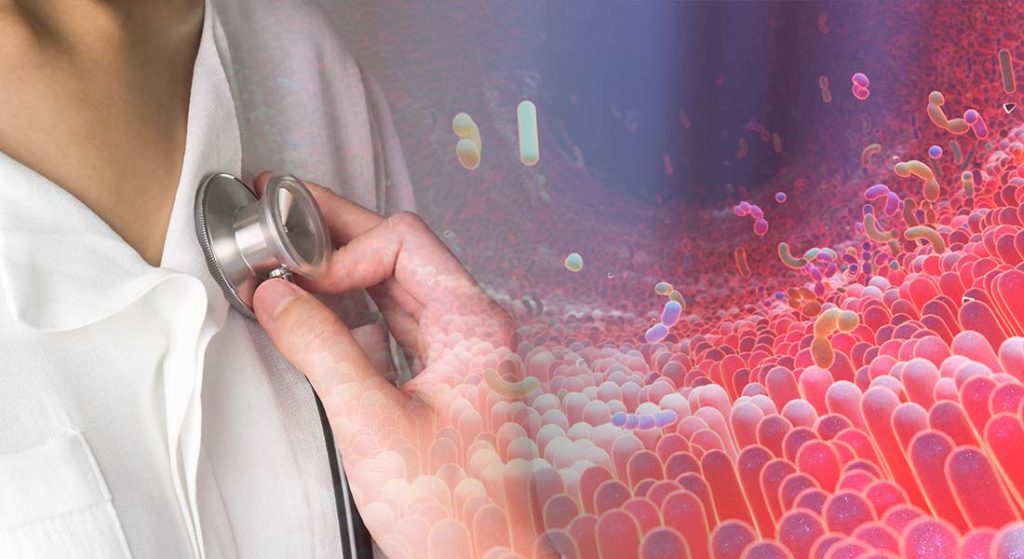
Red blood cells exposed to oxygen deficiency protect against myocardial infarction, according to a new KI study published in the Journal of Clinical Investigation. The study also shows that the protective effect is enhanced by a nitrate-rich vegetable diet.
Red blood cells carry oxygen from the lungs to all of the body’s cells and carbon dioxide back to the lungs. A new study, conducted at Karolinska Institutet in collaboration with Karolinska University Hospital, now shows that red blood cells have an intrinsic function of protecting against heart injury caused by myocardial infarction.
The effect is enhanced by a diet containing nitrate-rich vegetables, such as arugula and other green l...
Read More









Recent Comments